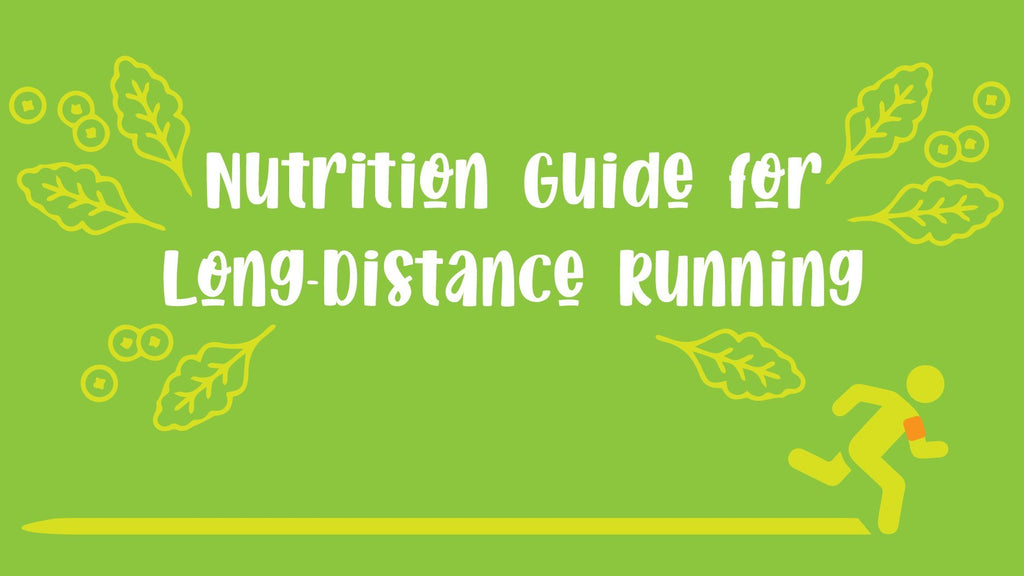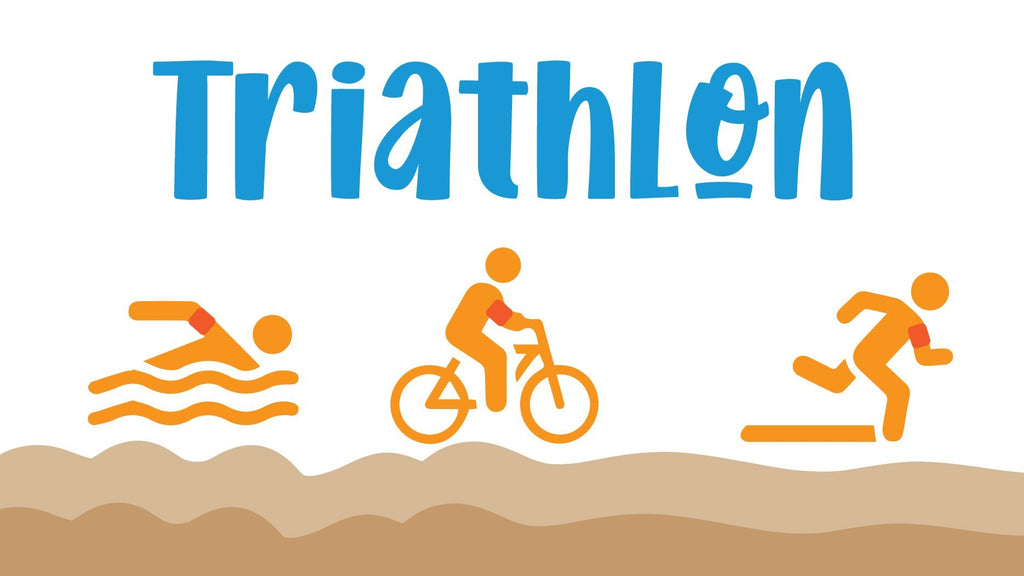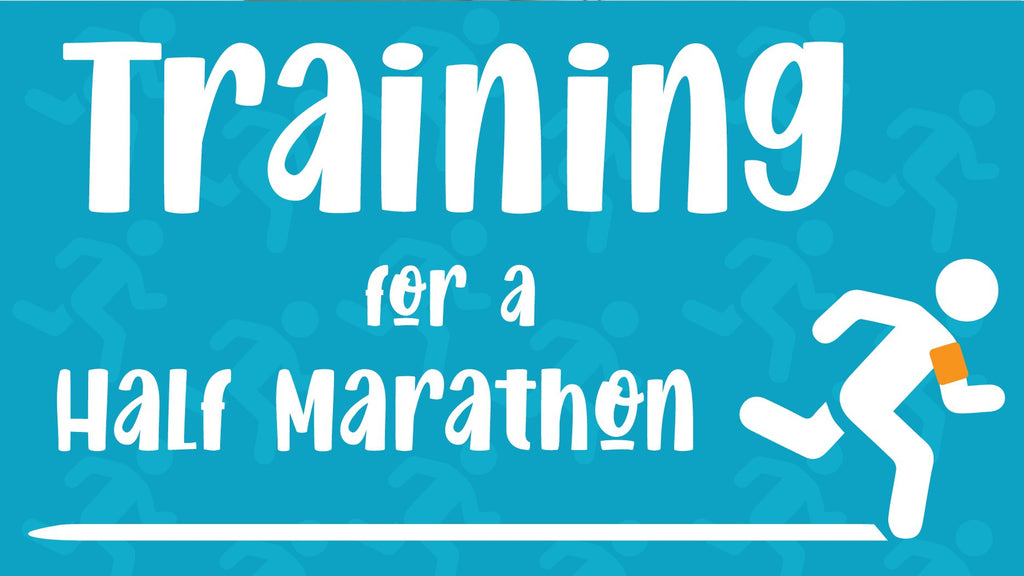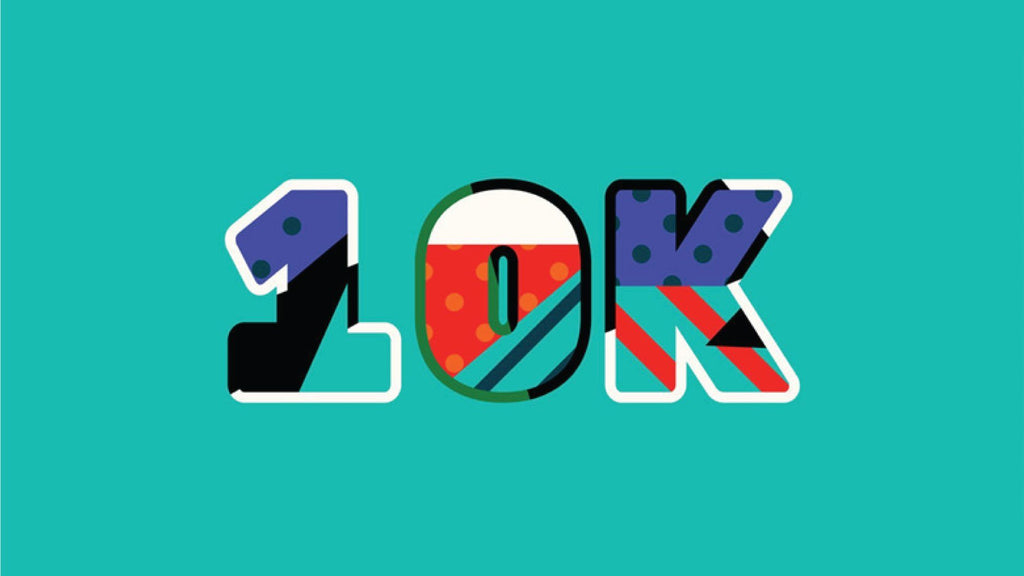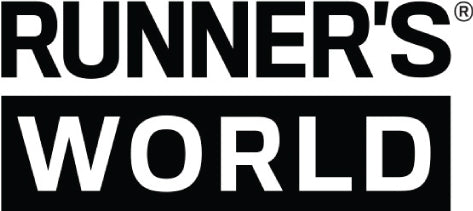When you’re gearing up for a good, long run, you need to prepare in a couple of ways. Get enough rest, stay ultra-hydrated, and eat so that your body has the right kind of fuel to get you through that very last mile. In this guide, we’re going over a thoughtful running nutrition plan designed for those longer-distance runs. This guide can help you master nutrition for running a half marathon, marathon, triathlon, or even a 10K.
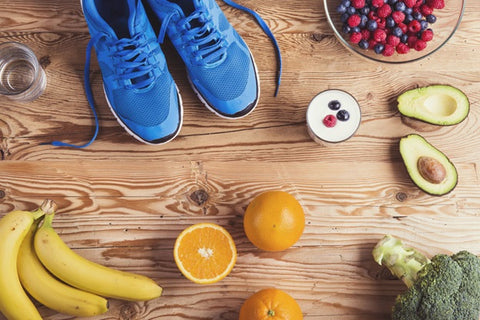
What Do I Need for Proper Running Nutrition?
When you’re running, a few physiological factors are at play that should feed into your nutrition strategy. First and foremost: you’re burning a ton of calories, which means your body is rapidly using up all those nutrients it needs to thrive and eating up your energy reserves simultaneously. At the same time, the body is utilizing muscles that will ultimately need repairing, and certain vitamins and minerals can help speed up that process.
- Protein — When engaging in any rigorous physical activity, you need protein to help your body feel fuller for longer. Protein also helps stabilize the blood sugar while simultaneously helping to rebuild muscle tissue and keep you strong.
- Carbohydrates — Although carb-loading has long been a widely practiced running nutrition tactic, it isn’t the best move. But you do need plenty of carbs to serve as your energy source. Just don't overdo it. Stick to eating complex carbs — whole grains, veggies, beans, etc. — a full day or several hours before you head out on a long run. Eat smaller amounts of simple carbs — sugar or raw fruit — an hour or so before a run.
- Fat — Fat is not the enemy! In fact, runners need food rich in good fats, such as eggs and nuts, to help the body absorb vitamins and aid in reserving energy. Just make sure to stay within a reasonable limit each day and stick to healthy fats.
- Vitamins and Minerals – Your body employs vitamins and minerals to aid in muscle recovery and help you get back on your feet faster after a lengthy run. Calcium, iron, biotin, vitamin C, and vitamin D are especially vital to recovery.
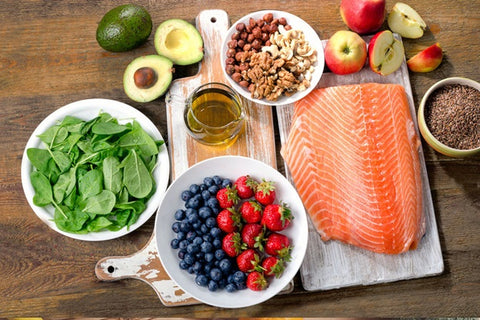
Q. What Should I Eat Before Running?
A. When planning nutrition before running, focus on carbs. Two or three hours before a run, eat easily digestible, simple carbohydrates. Oatmeal, bananas, a plain bagel, whole grain toast, and sweet potatoes are good options. Avoid anything that might upset your stomach.
Q. What Should I Eat While Running?
A. Nutrition during running is a hot topic for long-distance runners and marathoners. Food is fuel, which can enhance performance, but consuming it can literally slow you down. Good, quick options for mid-run sustenance are energy gels, gummy chews, energy bars, and protein bars. Stashing a few energy gel packs in your running armband is a genius move. Make sure to drink lots of water while you run too.
Q. What Should I Eat After Running?
A. What about the post-run meal? After you run, focus on getting ample protein and vitamins and minerals to aid in rapid muscle recovery. Carbs are also important in helping you restore your energy levels and glycogen storage after you spend several consecutive hours expending them. Lean meats, protein shakes, fresh fruits and veggies, yogurt, and cottage cheese are good options.
Q. What is the Best Thing to Drink While Running?
A. Water is the best thing to drink while running, plain and simple. While H2O should be the go-to, sports drinks such as Gatorade can be useful during long-distance runs and prolonged exercise because they contain carbs, potassium and amino acids that can help you go further. But make sure to reserve them exclusively for longer runs, think 10Ks and up.
Q. Should I Eat More If I Run?
A. Yes, generally speaking, you should consume more calories if you intend to go for a run, especially if it’s a longer one. Use a calorie guide to figure out how many calories you’re burning while you run and then determine a good calorie limit from there.
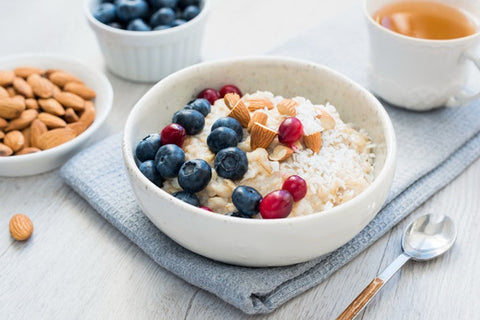
Q. What Should Runners Not Eat?
A. Runners shouldn’t eat anything that will slow them down or that may cause an upset stomach. During a long run, the last thing you want is to be delayed by a stomach issue or the need to make an emergency stop at the bathroom. Also, you should avoid anything that could cause your energy levels to spike and then drop dramatically, including energy drinks. The same goes for anything that might make you feel sluggish, such as pasta or fried foods.
Don’t Forget Your Armpocket
Ready to get going on a limit-pushing run? In addition to proper nutrition, don’t forget to bring along your Armpocket armband so you always have your phone nearby for route tracking and cranking up those energizing playlists!

